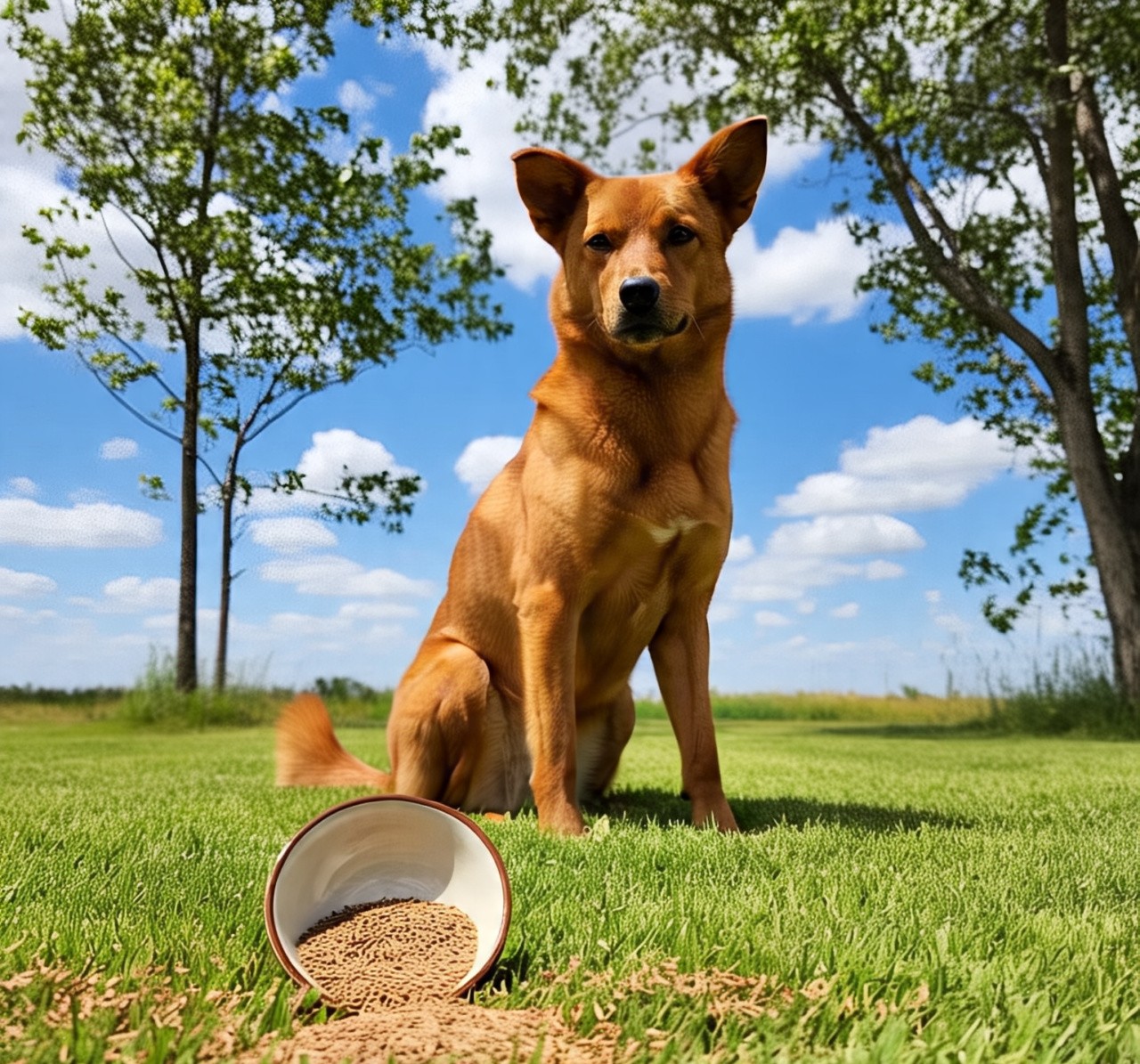Cumin, derived from a plant in the parsley family, is frequently used in a variety of dishes due to its earthy flavor and health benefits. In small amounts, cumin is generally safe for dogs and can be included in their diet with veterinary approval. However, it’s important to consult a vet before introducing any new spices to your dog’s diet to ensure their safety and health.
Cumin’s Positive Effects on Dogs’ Nutrition
| Nutrient | Benefit for Dogs |
|---|---|
| Fatty Acids | Can support overall health but the amounts in cumin are minimal. |
| Dietary Fiber | May help with digestion but is not significant for dogs’ health in small amounts. |
| Vitamin E | Supports immune system function, but benefits are limited at small doses for dogs. |
| Iron | Present in cumin, but dogs get their iron primarily from meat. |
| Antioxidants | Help fight free radicals, but minimal benefit for dogs at small intake levels. |
Why is Cumin Edible to Dogs?
- Non-toxic: Cumin is not toxic to dogs and is safe in small amounts.
- Digestive Aid: It provides a small amount of fiber that can support digestion.
- Moderation is Key: Overconsumption can lead to digestive issues, such as gas and stomach upset.
- Caution with Sensitivities: Dogs with sensitive stomachs or allergies may experience discomfort.
Cumin: What Is It?
- Origin: Cumin comes from the Cuminum cyminum plant, commonly used in Mediterranean and Middle Eastern cuisines.
- Flavor: Known for its earthy flavor, cumin contains essential oils like cumin aldehyde, which gives it its distinctive taste and aroma.
- Health Benefits for Humans: Anti-inflammatory, antioxidant, and digestion-supporting properties.
- Active Ingredient in Turmeric: Don’t confuse cumin with curcumin, the active compound in turmeric that has additional benefits for dogs.
How Much Cumin is Safe for Dogs to Consume?
The safe amount of cumin for dogs is largely dependent on their size:
| Dog Size | Recommended Cumin Amount |
|---|---|
| Large Dogs | Up to 1 teaspoon |
| Medium Dogs | Up to ½ teaspoon |
| Small Dogs | Up to ¼ teaspoon |
- Start small: Introduce cumin gradually with a pinch to assess your dog’s tolerance and preference.
- Overfeeding Risks: Too much cumin can lead to gas, bloating, diarrhea, and other digestive issues.
- Veterinary Consultation: Always consult a veterinarian before adding cumin to your dog’s food.
How Safe is Cumin for Dogs?
- Moderate Risk: Cumin is safe for dogs in small amounts but can cause gas, upset stomach, and digestive issues when overfed.
- Limited Health Benefits: The health benefits of cumin for dogs are minimal because of the small quantities typically consumed.
- Potential Digestive Sensitivity: Dogs with sensitive stomachs may have adverse reactions to cumin, including discomfort or inflammation.
- No Significant Health Impact: While cumin has benefits for humans (like supporting weight loss and lowering cholesterol), dogs gain little to no advantage from consuming it.
- Slow Introduction: Gradually introduce cumin to monitor for any negative reactions and ensure safety.
Conclusion
While cumin is generally safe for dogs in small amounts, its health benefits for them are limited. The spice can be used sparingly to enhance the flavor of dog food, but overconsumption may lead to digestive issues like gas, bloating, and upset stomach. Always consult with your veterinarian before adding new spices to your dog’s diet to ensure safety. For dogs with sensitive stomachs, it’s essential to introduce cumin carefully and in very small quantities.
